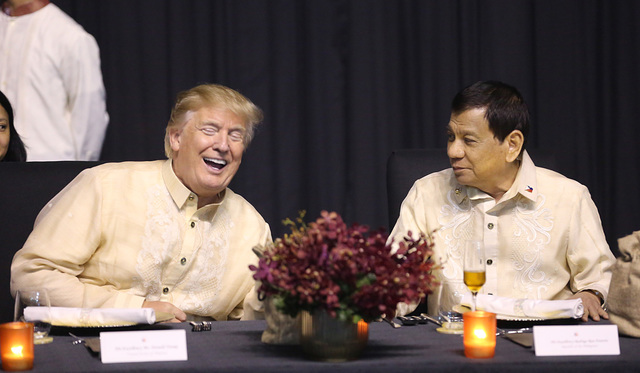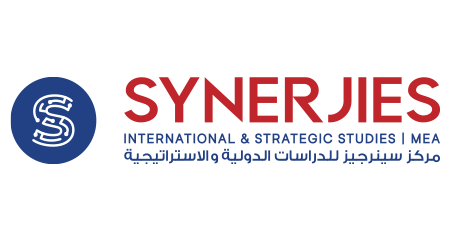In 2016 oxford dictionary had chosen the word post-truth as the word of the year. That move was quite understandable given that post-truth was the buzzword of the international political community at that time, with Brexit referendum and the rise of trump. In 2016 it was spectacular how post-truth became one of the most useful frameworks to understand the modes of politically productive narratives. Post-truth simply refers to the deterioration of the value of truth, its growing irrelevance in the realm of socio-political deliberation and in the public sphere generally. It’s a phenomenon where truth and rationality take a back seat while loyalties and emotions take a center stage. What is in fact mind blowing about the rise and sustenance of post-truth as a mode of socio-political deliberation is that it takes place against the background of unprecedented informational access and openness with the advent of the internet and google that made everything checkable for verification. However, there is a growing general conviction that the advent of the social media had complicated that endeavor by providing a platform for fallacy sharing as much as for truth sharing. From that perspective, social media becomes pretty much a post-truth tool and manifestation. It’s quite interesting how in its beginning social media was viewed very positively with regards to its potentially emancipating role in informational accessibility and democratization as well had morphed to that state.
While these debates and academic fascination with the phenomenon are quite useful in building consciousness about the topic and unpacking it with the purpose of finding a remedy, they were largely west-centric focusing on the phenomenon in the US and Europe with a blatant disregard to the other non-western experiences with that.

In southeast Asia lies a very interesting case of a post-truth scene dominated by a nationalist trickster. But before delving into that case we should throw light on the concept of a trickster. The term trickster refers to the politician that employs discourse that is populistic, loud, ambivalent, and more often rude and aggressive, and here is the most important post-truth component almost entirely contradictory and fact-defying. Political tricksters tend to emerge during the periods of distress, gaining people`s trust by making jokes and telling tales. The trickster’s political career is based on tricks (hence the word trickster), deception and an aim for a chaotic socio-political environment, with himself as the central figure.
tricksters thrive in a post-truth environment because they know quite well how to utilize it and even reproduce it. They are very much versed in employing social media in their favour to build a cult of people that don’t care about truth and willing to show allegiance to the cult by further spreading and reproducing it. They are pretty much like dogmatic leaders but with the added dimension of truth erosion and social media employment.
In the Filipino case, Duterte the president indulges in his long, improvised speeches through which he created a post-truth situation around drugs in Philippines. His presidential platform and subsequent presidency are built on over-inflating the problem of drug selling to the point of depicting the Philippines as a “narco state.” According to conceptualization of nacrostate it is where politicians and different government staffers at different levels are part of the value chain of selling drugs and it becomes a national threat. Yet a 2015 UN report shows that while amphetamine use in the Philippines is high, the most recent available figures show rates of use roughly matching those in Australia and New Zealand – and consumption of cocaine, cannabis and ecstasy in the Philippines was far lower than in those two countries. With the narco post-truth propaganda, Duterte justified around 7000 extra-judicial killings, and the targeting of public figures.
And like a typical trickster, Duterte used Social media effectively and it played a crucial role in winning the hearts and minds of voters, in the Philippines. Duterte’s “narco state” message had been reinforced again and again through influential bloggers and loyalists. He has engaged in several boycotts of the mainstream media during his presidential campaign and during the initial phase of his presidency before he filled up key positions in the mainstream media with his supporters.
Despite the killings (or maybe because of them?), Duterte has largely remained popular among Filipinos. With many Filipinos giving in to the conviction that the criminal justice system was slow, bureaucratic and prone to corruption and that’s the reason they are supporting the extra-judicial path. They are reporting that they now feel safer. the post-truth creation of the “narco state” has led to a culture of imputing to killings and in fact made it popular.

